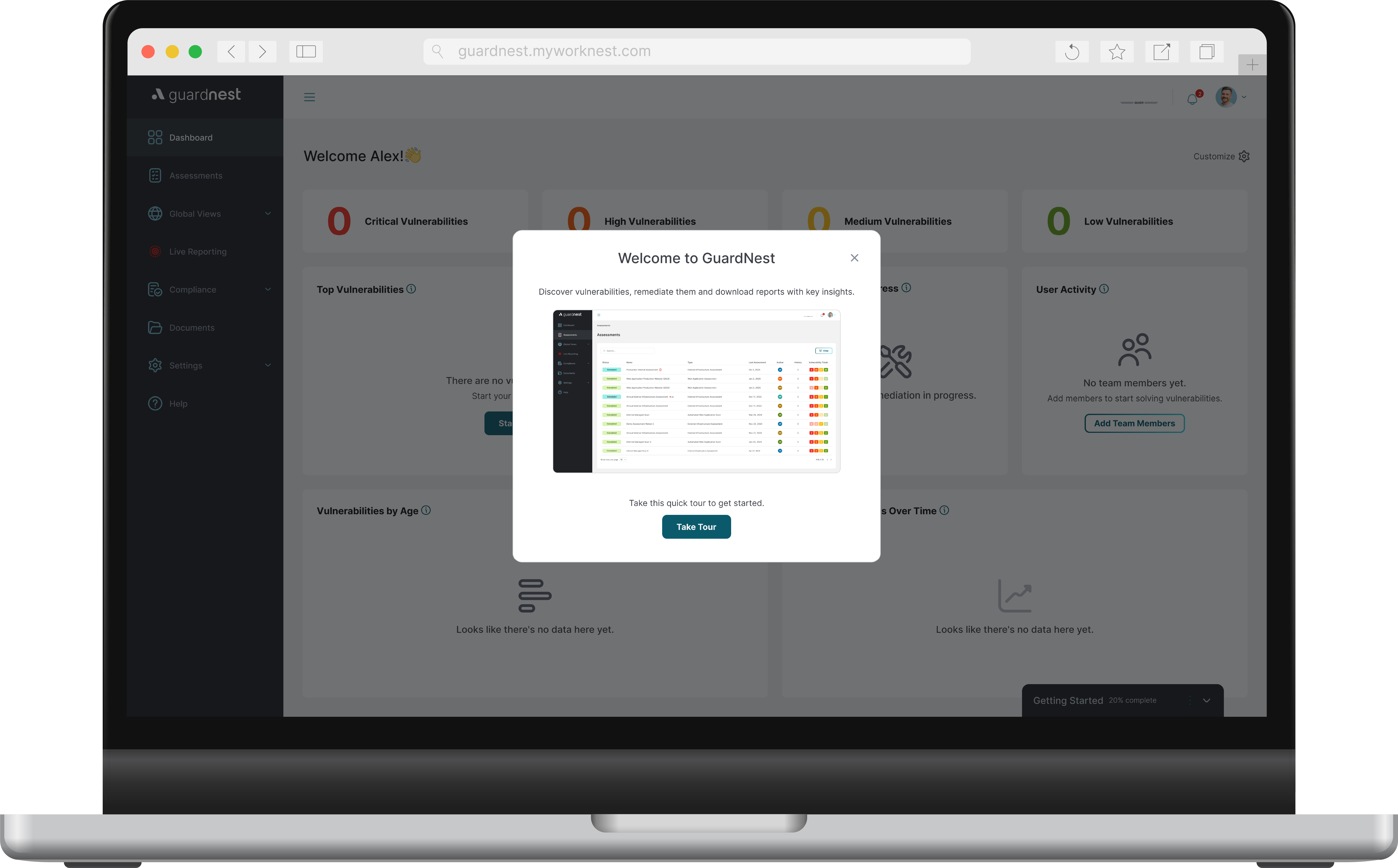Cornwall Council Warns of Covid Scam Text Messages


Cornwall Council Warns of Covid Scam Text Messages
Cornwall Council is warning residents about a new Phishing scam that is making the rounds on text messages. Fraudsters are sending scam messages that appear to be from the Cornwall Council, telling people that they need to isolate themselves due to being in contact with those with COVID19. They are being asked to click on a link for more information and to book a test. The text is being sent from mobile phone numbers, so it’s important to be wary of any links you receive from unknown senders. The council is urging people not to click on the links and to report any suspicious activity immediately.
Prefer a video over a good read? Watch one of our Senior Consultants break down the Cornwall Council Scam and give some fast and effective advice for you to protect yourself from these types of hacks. Jump down to the vid.
Who are the likely Targets for these Scam Messages?
Anyone can be a target for these scams, but there are some groups that are more likely to be targeted. These include:
- Elderly people
- People who are vulnerable or have underlying health conditions
- Those who live alone
- Young people
- People who are new to using technology
“Serious Problem”
Elizabeth Kirk, senior trading standards officer at the council said “these scam messages can seem very genuine, but the NHS government or Public Health Cornwall would never send messages like this from a mobile phone”. The most important thing is to remember that the scammers want you to click a link.
“If you click the link, you could enable them to download malware, viruses or other nasties”. It might also give them access to your passwords, or internet banking or any other sites you access from your phone”.
If you Click the Link Accidentally:
- Close the web page it opened ASAP. This prevents further harm.
- NEVER enter passwords or other personal information into any page you have opened by clicking a link.
- Reset any passwords you may have revealed.
- Update your phones operating system.
- Block the number that the text came from.
- Report the scam to ACTION FRAUD, the UK’s national reporting centre for fraud and cyber crime, run by the city of London Police.
News-bite Cornwall Covid Scam
Video/Audio Transcript
Cornwlall Council has warned that fraudsters are targeting people with fake COVID-19 text messages. These text messages are links to go get COVID test, telling people that they have been in contact people with COVID-19 como counsel advising people to think twice about clicking on these links. Today, we'll be talking to Carrie with one of our consultants who's going to talk us through how to protect ourselves when this sort of terror attack happens. So Karen, what is the first point of call on your CV is the sort of text messages.
So when you receive a text message, it's obviously a scam tax, it's important to look at who sent it sent like a postcard for for example, avoid it, if you can respond to it, avoid it, look for government approved entities such as UK, Gov, NHS, things like that, if it's possible for the staff just avoided, it is likely a scam.
And here are these who otherwise have it's called the sort of scams. So with these
kinds of scams, generally, you know, people scammers will throw them out as far as they possibly can, they will get certain attacks that absolutely anybody, unfortunately, people who normally fall victim to them. People will that's it, whatever, you know, all the people who don't understand technology as well. And that normally got taken advantage of. Yeah, that's what they'll do. Yeah, generally, people 50 Plus as the main demographic. Yeah.
And why does it matter that people don't click on these links?
By clicking on these links, you know, it can allow scammers to instal malicious software on your phone, they can access private information, your pictures, bank details, anything like that can leave your opt in.
So as a worst case scenario, say if I personally clicked on the link, what what is the first point of action from that point, if you have already clicked on that link, because I know a lot of people panic and then nothing happens straightaway. But what what can somebody do sort of protect themselves if they do click on that link.
So in the event, you do click on the link like that, it's important to block the number straightaway. So the current contact you can attach to any kind of account such as you know, your maybe your social media accounts, bank accounts, anything like that you access on your phone, change your password as soon as possible. And then update the software on the phone as well to make sure that if there is any malicious content has been installed, pitfall that arose.
Yeah. Perfect. Thank you. So you can see that Karen, there's a lot of a lot of vital information there that a lot of people should take on board and Cornwall Council are advising people to think twice before clicking on these links. Next week, we will be joined with mm who's going to take us through the next major news story. Thank you.
.png)








.svg)








.webp)


